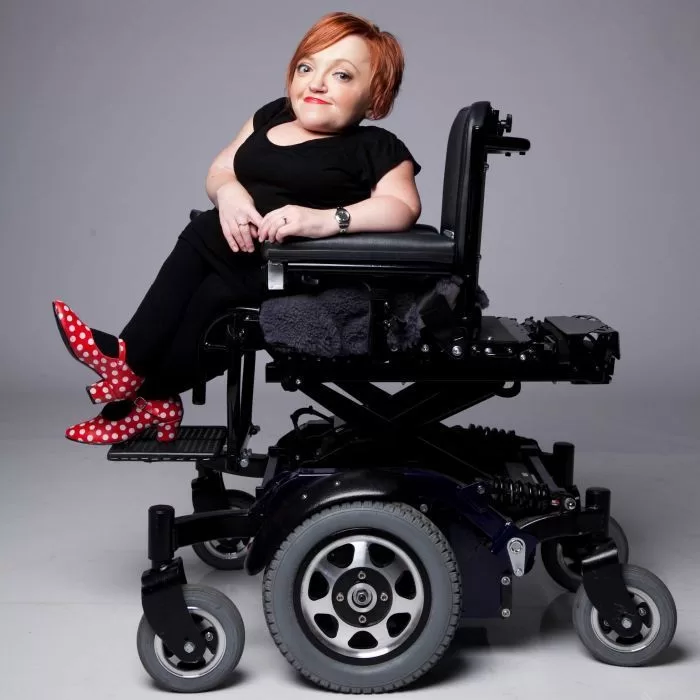Updated on August 20, 2024

Yes, dementia is classed as a disability in Australia.
However, eligibility for the National Disability Insurance Scheme (NDIS) is based on the severity of an individual’s symptoms and how it affects their daily life.
In the case of dementia, if you have been diagnosed and are younger than 65, you may be eligible for support from the Australian government, through the NDIS.
Key Facts Relating To Dementia
Dementia is a progressive neurological mental disorder that affects an individual’s memory and thinking ability. It is a general term for the impaired ability to remember, think, or function properly.
The World Health Organization (WHO) has stated for a fact that over 55 million people in the world have dementia, with over, 60% of whom live in lower and middle-income economies.
In 2019, dementia cost global economies 1.3 million US dollars and approximately 50% of these costs are attributed to more than 1.6 million people in Australia who are involved in the care of someone living with dementia.
Currently, in Australia, there are more than 400,000 persons living with dementia and the number is expected to triple by 2050.
Symptoms of Dementia
Dementia is a progressive mental disorder and its symptoms may include:
- Difficulties performing similar tasks.
- Losing or misplacing things.
- Losing track of time.
- Getting lost when walking or driving.
- Forgetting things or recent events.
- Being confused even in familiar spaces.
Changes in mood or behavior may include:
- Withdrawal from work or social events.
- Personality changes.
- Feeling anxious or sad, as regards memory loss.
- Being less interested in other people’s emotions.
Is Dementia A Disability In Australia?
Yes, dementia is a disability in Australia.
The NDIS is an Australian-funded government program that provides support to people with disabilities including those with dementia. But to be eligible, you must have a permanent or significant disability that can alter your day-to-day life activities.
For dementia patients, eligibility for the NDIS is based on the severity of their case. A dementia patient’s symptoms must be appalling enough to interfere with their daily activities.
Individuals with dementia are eligible for support such as mobility aids, assistance with daily tasks, and transportation. The NDIS also provides funding for respite care, which is in turn beneficial for caregivers, who may in turn need a break from their caring responsibilities.
To be eligible for the NDIS, an individual must first undergo an assessment by the National Disability Insurance Agency (NDIA) to determine the level of disability and type of support, they are eligible to receive.
If after the assessment, an individual is found eligible by the NDIA, they will be provided with a plan that outlines the type of services and support they are entitled to.
What Benefits Are You Entitled To If You Have Dementia in Australia?
- Disability Support Pension
This pension payment is for individuals who are unable to work because of their disability. To be eligible, one must have a permanent disability that is expected to last for at least two years.
- Carer Payment
Carer payments are payments provided to people who provide care to people with disabilities, including dementia patients. To be eligible for these payments, one must meet certain criteria, such as providing care for at least 20 hours per week.
- Carer Allowance
This is a supplementary payment for individuals who provide care for someone with a disability.
Signs That Dementia Is Getting Worse
- Increased memory loss.
- Difficulty with language and communication.
- Mood changes.
- Behavior change.
- Hallucinations and Delusions.
Conclusion
Dementia is a challenging and delicate condition that can have a significant impact on individuals and their families. Although it may be considered a type of disability, there is a range of support services and benefits made available to help individuals with dementia and their caregivers.
The NDIS is a program that provides funding for a range of services, this includes in-home support, respite care, and specialist equipment. Also, they provide benefits such as carer allowance, and carer payment.
Looking for reliable and trustworthy care services?
At Centre Disability Support, we offer tailored support services for individuals with disabilities throughout Australia. We offer housing options in Logan, Ipswich and Brisbane areas, where we provide independent supported living or assist individuals in finding suitable options for individualised living.
Additionally, we provide day-to-day support for individuals with mental health issues, complex behaviour and other types of disabilities. We also have support coordinators available to assist with planning and navigating NDIS plans and offer casework support.
Whether you’re seeking support for yourself, a loved one, or simply wish to learn more about our services, we’re here to help.
MORE FROM CENTRE DISABILITY SUPPORT
Is Endometriosis a Disability in Australia?
Is Bipolar Disorder a Disability?
IS FIBROMYALGIA A DISABILITY IN AUSTRALIA?
IS AUTISM A DISABILITY IN AUSTRALIA?



